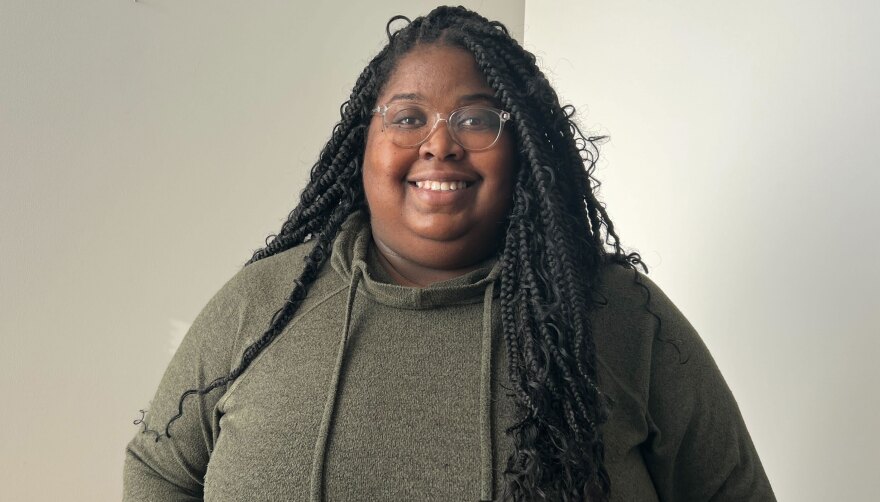Since Elon Musk’s $44 billion purchase of Twitter, journalists, influencers, and casual social media users around the world have braced themselves for the potential end of the social platform. In addition to providing people with information and entertainment, Twitter has played a more prominent role in the St. Louis area than it has in many places. Not only did St. Louis native Jack Dorsey found the company, protesters and organizers used the app during the Ferguson demonstrations in meaningful ways.
Only using 140 (now 280) characters or less, everyday citizens have been able to keep up with and start social movements. Notably, people turned to Twitter and livestreams on Periscope in 2014, when a police officer shot and killed Michael Brown Jr. in Ferguson, Missouri. The first reports of Brown’s death and subsequent protests came from people who lived and worked in the area. Twitter allowed those living in the St. Louis area to have a voice in what became an international story — the Ferguson uprising.

On Monday’s St. Louis on the Air, Action St. Louis founder and Executive Director Kayla Reed recounted her Twitter use from 2014 to now. Before becoming involved in protests, Reed had 237 followers on the platform. Today, she has over 23,000. “You got to sort of democratize information in a way that folks who were not in St. Louis or at the protests were able to see what was going on versus waiting on the 4 p.m. or 5 p.m. news cycle to sort of summarize hours of activity,” Reed told guest host Jeremy D. Goodwin.
During the Ferguson uprising, St. Louis native and author Sarah Kendizor saw Twitter as a way that people outside the St. Louis region could hear more from those in the community in real time. “[National media] often were downplaying the structural critiques of the protesters in favor of sensationalism,” said Kendzior, the author of several bestselling books including "They Knew: How A Culture of Conspiracy Kept America Complacent." “It's a way for people to talk back to power. I think that's the greatest legacy of Twitter. People can speak to reporters, or politicians or CEOs or whoever that they normally would not be able to directly interact with, and just tell them what they think.”
For more on Twitter’s impact on social movements in St. Louis, listen to our conversation with Kayla Reed and Sarah Kendizor on St. Louis on the Air on Apple Podcast, Spotify, Google Podcast, Stitcher, or by clicking the play button below.
“St. Louis on the Air” brings you the stories of St. Louis and the people who live, work and create in our region. The show is produced by Miya Norfleet, Emily Woodbury, Danny Wicentowski, Elaine Cha and Alex Heuer. Avery Rogers is our production assistant. The audio engineer is Aaron Doerr. Send questions and comments about this story to talk@stlpr.org.






